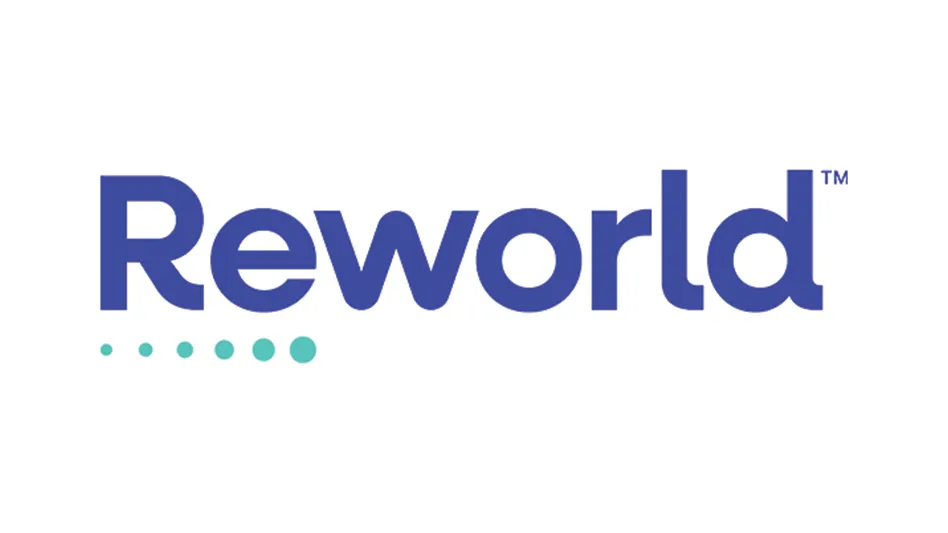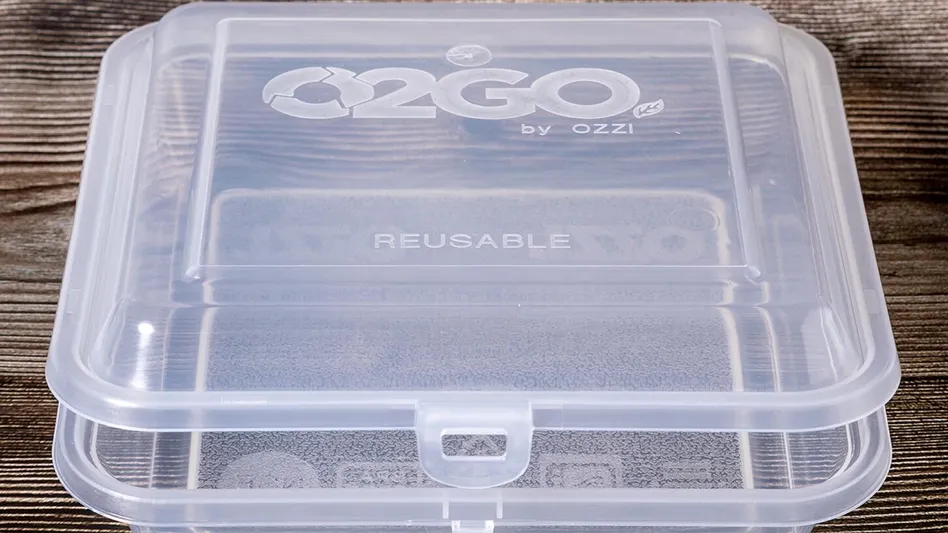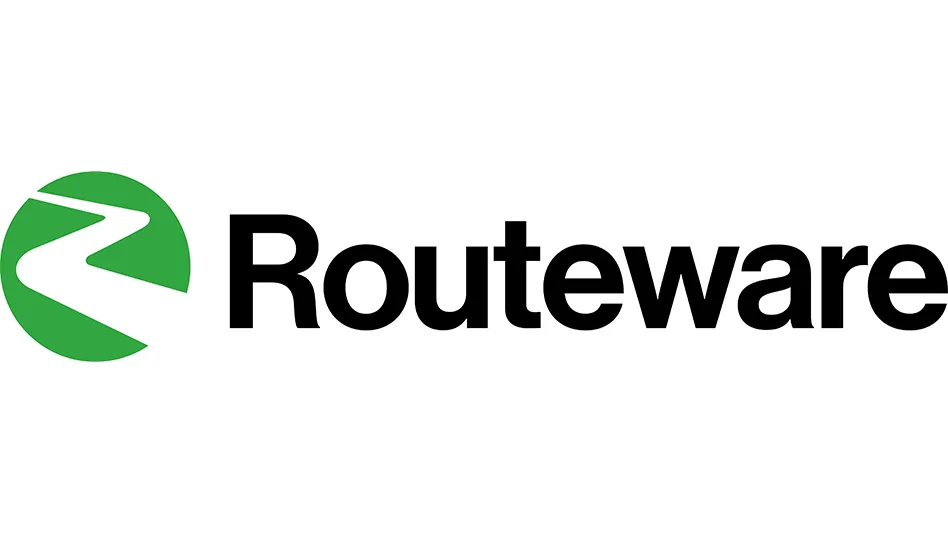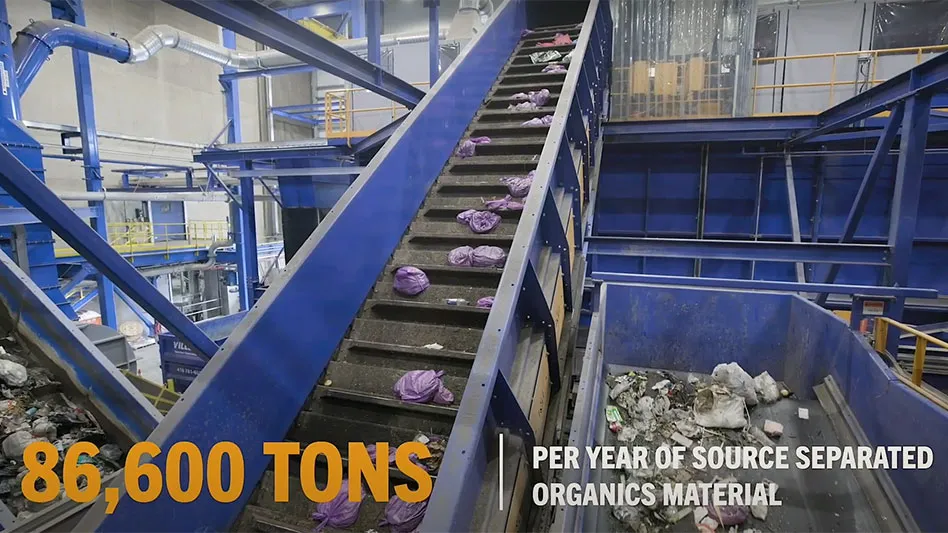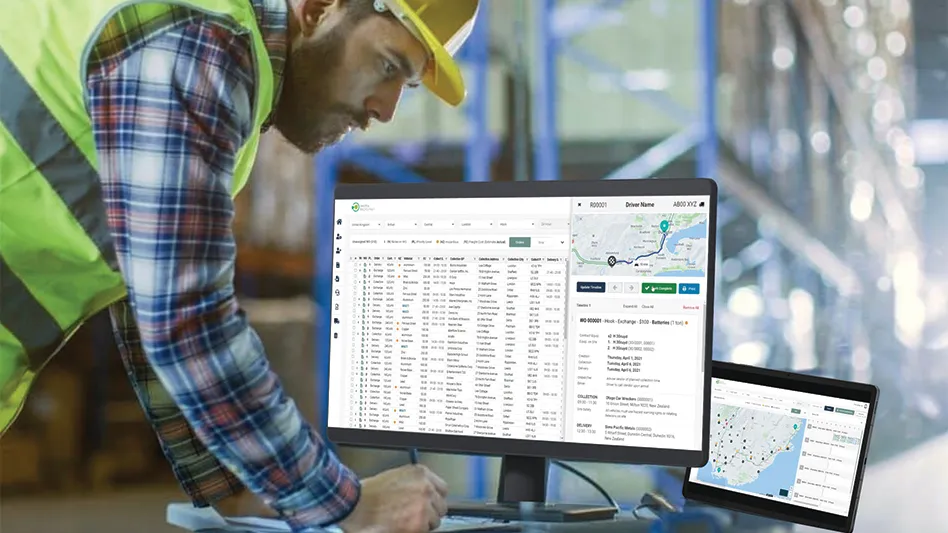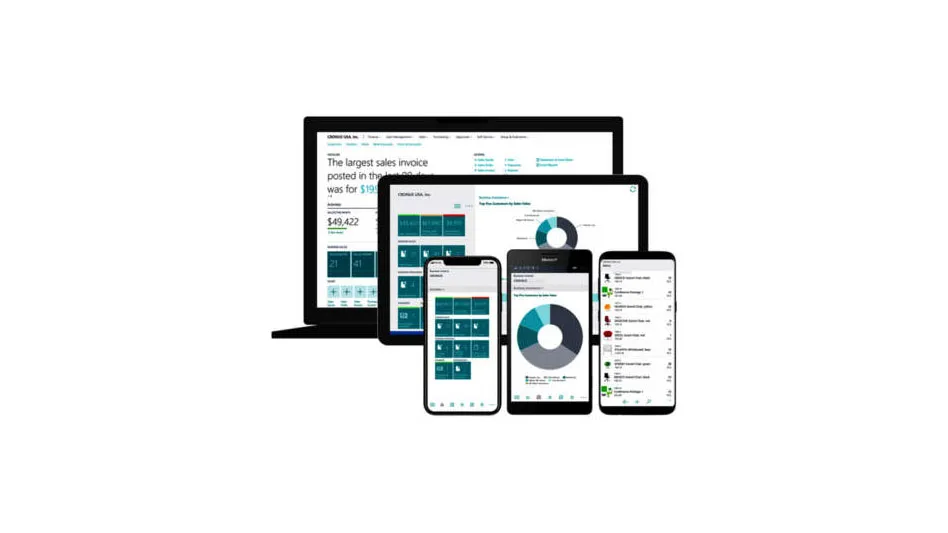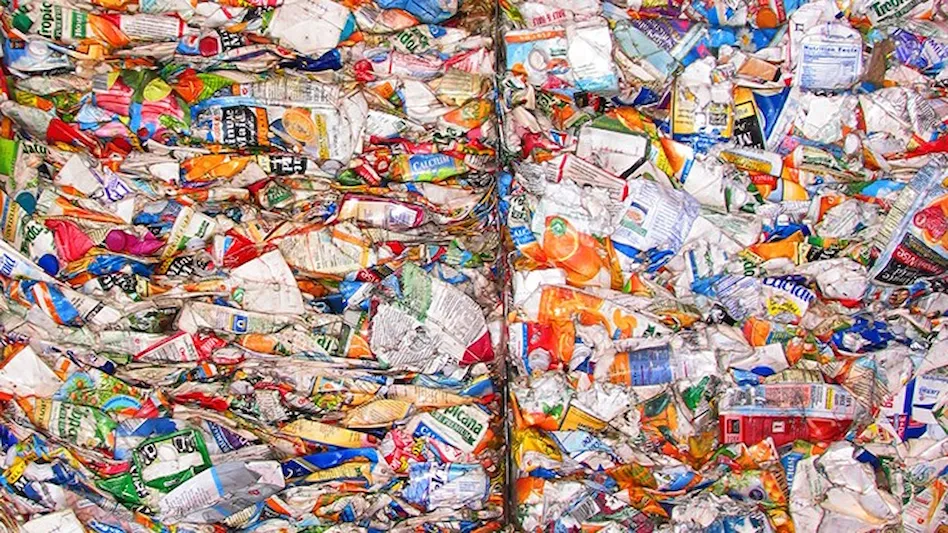
Michigan Gov. Rick Snyder said during his final State of the State address Jan. 23 that failure to boost the state’s recycling rate has “probably been one of the most disappointing initiatives I've had in my time as governor. We got complacent.”
Michigan’s recycling rate is currently at 15 percent, which is half of the national average. The state has set a goal to double that rate by 2025, and is putting a plan in place to do so.
Matt Flechter, recycling and market development specialist at the Michigan Department of Environmental Quality (DEQ), talked to Waste Today about some of the plans underway to help the state divert more waste from landfills.
According to Flechter, the plan to boost recycling will center on five tenets:
- Having the state government lead by example;
- Emphasizing a campaign to educate both residents and businesses on the importance of recycling;
- Increasing the state’s market development efforts to turn recyclables into new products made in Michigan;
- Updating the state’s solid waste laws to shift to a statutory and regulatory program that focuses on recycling and reuse over disposal whenever possible; and
- Securing long-term funding needed for the effort.
Flechter notes that plans to reemphasize the importance of recycling have been underway since 2014, but concedes that more work needs to be done to fulfill the state’s goals.
“The bottom line is that our recycling rate is still way lower than it should be. We’re missing opportunities and we need to update our statutes, get funding and make some things happen,” Flechter says.
The state’s low landfill disposal rates, made possible by ample capacity, are one of the main reasons that recycling has been deemphasized throughout the region. Flechter says that a plan is in place to try to educate local governments on material management best practices to better utilize waste in their communities. Additionally, the state plans on taking a closer look at its regulatory and enforcement oversight to ensure that businesses follow statewide mandates.
He also notes that more education and outreach is needed on the consumer level to effect change.
“Our two main objectives [with consumers] are to increase participation within the existing infrastructure—meaning optimize the collection programs that we have now and making sure those with recycling bins in the home are using them and using them correctly—and the second would be making sure that everybody has convenient access. We have far too many communities that don’t have access to convenient recycling options. That’s why we’re emphasizing more curbside recycling and convenient drop-off options for citizens,” Flechter says.
According to Flechter, there is currently a package of bills a couple years in the making being considered that aim to amend the state’s solid waste statutes, and Gov. Snyder will be making more announcements next week on the state’s efforts, and financial commitments, to overhauling its recycling programs.
Latest from Waste Today
- Kent County, Michigan, opens new transfer station
- GFL reports revenue increase in first quarter
- Bioenergy Devco honored at SEAL Awards
- AMCS showcasing Performance Sustainability Suite at WasteExpo
- New Way and Hyzon unveil first hydrogen fuel cell refuse truck
- NWRA honors award recipients during annual breakfast at WasteExpo
- Rubicon selling fleet technology business, issuing preferred equity to Rodina Capital
- Machinex to feature virtual tour of Rumpke MRF at WasteExpo
